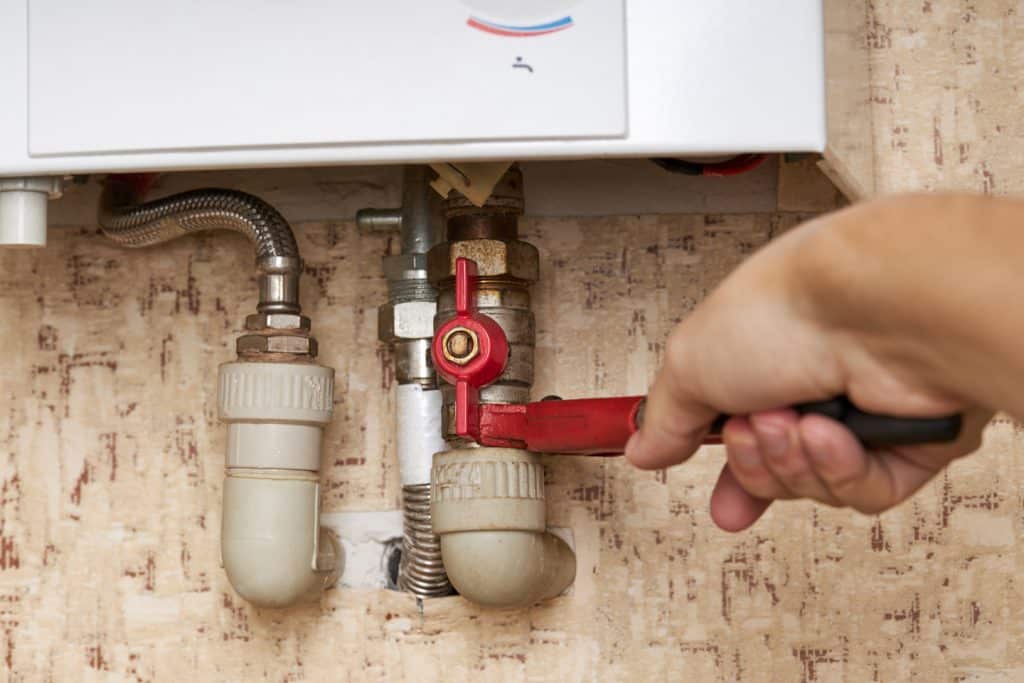If you own a property in New York City, you may need to comply with Local Law 152. Buildings must meet the requirements of this law to avoid liability and to ensure the safety of tenants and residents. Failure to comply can lead to property damages, injury, and even death. The Housing and Buildings Committee approved Proposed Int. No. 2151-B. However, there are other ways to stay compliant with the requirements of Local Act 152, such as hiring a professional to perform a fire inspection.
For instance, buildings must have regular gas piping inspections and must be properly sealed. This law has exemptions for buildings with two or fewer dwelling units and fewer than twenty occupants. You can find this information on a Certificate of Occupancy from Jaffa. If you’re unsure about the occupancy group of your building, you can consult the Department of Buildings’ website. The inspection cycle for residential buildings is three years.
You’ll also need to conduct periodic inspections on the gas piping systems in your building. You must have a master plumber perform the inspection, obtain the necessary work permits, and keep all reports on file for at least 10 years. You should also have your gas piping inspected regularly if you plan to sell your property. You can find out what your LL152 inspection requirements are by checking the Certificate of Occupancy.
There are several things to keep in mind when evaluating whether you need to comply with LL 152. First, you should know that the DOE already requires periodic inspections of certain building gas piping systems. This will help to keep your property safe. Second, you should know what type of certification is required of you before purchasing a property. If you want to be compliant with Local Law 102, you should get your gas line inspected by a licensed contractor.
The regulations regarding building gas piping systems are specific to the type of building you own. If you own a building that is R-3, you don’t need to comply with LL152. But, if you have a higher occupancy group, you may want to check your LL152 compliance status. It is important to have an inspection done before you buy a property. If the requirements are not met, you should have it performed by a licensed plumber.
In addition to the mandatory inspections, LMPs are also required to report any unsafe conditions and violations. This includes gas piping inspections, which are required to take place every four years. These inspections are required by the law and must be performed by a licensed master plumber. Those who fail to do so must submit the Inspection Certification within 60 days of their due date. Further, if you fail to complete the inspection, you must have a second inspection, and any alterations in the pipelines.


